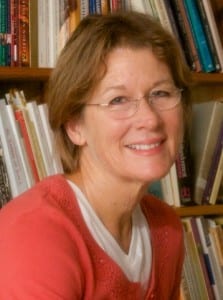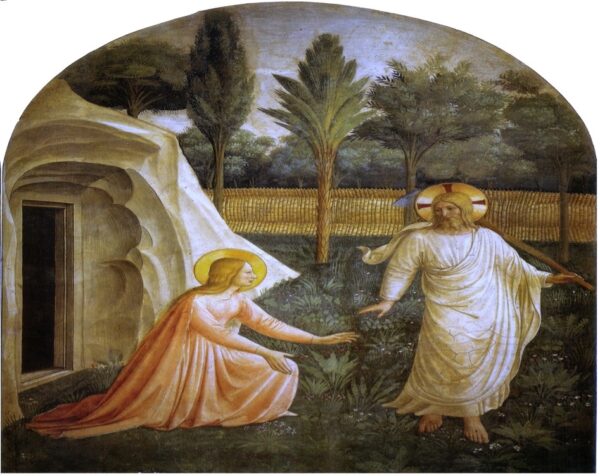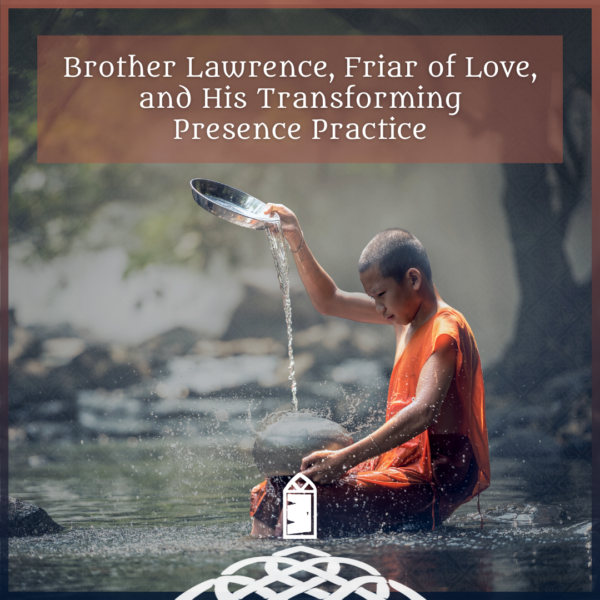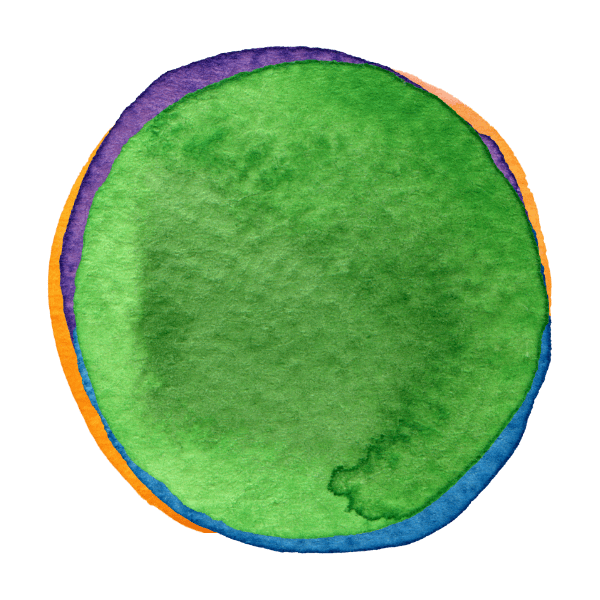 I first met Paula Huston about five years ago when I took a nonfiction writing class she was teaching through the fabulous Glen workshop. The Glen is a really wonderful gathering of writers and artists wrestling with the questions of meaning and substance in life. Paula is a gifted teacher and also offers her wisdom for writers through the Image Journal‘s online manuscript critique in creative nonfiction. She is also a Camaldolese Benedictine oblate and the author of several books on the spiritual life.
I first met Paula Huston about five years ago when I took a nonfiction writing class she was teaching through the fabulous Glen workshop. The Glen is a really wonderful gathering of writers and artists wrestling with the questions of meaning and substance in life. Paula is a gifted teacher and also offers her wisdom for writers through the Image Journal‘s online manuscript critique in creative nonfiction. She is also a Camaldolese Benedictine oblate and the author of several books on the spiritual life.
Leave a comment below for a chance to win a free signed copy of The Holy Way: Practices for a Simple Life.
Becoming a monk in the world
“Blessed are the pure in heart,” says Jesus, “for they shall see God.” The monastic way of life, including its radical withdrawal from the world and its many disciplines, is rooted in this simple premise. But what, exactly, is purity of heart and how do we obtain it? For the Desert Fathers, the pure heart is one freed from self-regard’s knee-jerk response to being thwarted. Kierkegaard says it in a different way: purity of heart is to “will one thing.”
This kind of single-mindedness does not come naturally, and nowadays, surrounded as we are by compelling distractions, it has become nearly impossible. Entering onto the narrow monastic way thus requires a difficult but absolutely necessary renunciation: we begin by turning our backs on popular culture and its values. We build our huts on the banks of the rushing river and quietly close our doors, at least for a time, against the noisy tumult outside.
What does this new realm of silence and inaction make possible? Protected from the constant barrage of confusing stimuli, we can begin to change our habits. Aristotle says that virtue comes from good acts repeated until they become automatic; monastic wisdom declares that what we habitually do with our bodies and minds ultimately determines who we are. If we truly want to live a life hidden in Christ, we must first undergo a total transformation of the self that begins with adopting new ways.
The result? We find that our purified hearts are now filled with an expansive love that exceeds anything we could imagine before we withdrew. Or, said a different way: as would-be monks in the world, we must lose ourselves to find ourselves.
—Paula Huston
I love Paula’s reflections on the need for single-mindedness and the gifts silence and stillness offer. I look forward to exploring this further together in our Advent online retreat. Learn more about Paula and her work at her website.
Paula is one of the guest teachers for the Advent 2011–Birthing the Holy: Becoming a Monk in the World online retreat (November 27-December 24, 2011). Paula will be reflecting on week 4 and the theme of “sacred yes”.






13 Responses
Just read some of the preview of the book on Amazon – has my name all over it, and is in my cart. The experience with the Amish is one I have lived myself…
I’m moved and gratified by the thoughtful responses to this actually quite challenging little piece. Why? Because one of the hardest things about becoming a monk in the world is the realization that I am completely out of sync with the vast majority of my fellow human beings–and, sadly enough, with many of my fellow Christians. In that sense, those who seek and find the monastic way of contemplation truly do choose the narrow way. Thus the sense of joyful thanksgiving when I read these comments–there are more of you out there! I am not alone!
That being said, however, it’s very good to be reminded of what the philosopher Alasdair MacIntyre said about our age: “A crucial turning point . . . occurred when men and women of good will turned aside from the task of shoring up the Roman imperium and ceased to identify the continuation of civility and moral community with the maintenance of that imperium. What they set themselves to achieve instead . . . was the construction of new forms of community within which the moral life could be sustained so that both morality and civility might survive the coming ages of barbarism and darkness. If my account of our moral condition is correct, we ought also to conclude that for some time now we too have reached that turning point. . . This time, however, the barbarians are not waiting beyond the frontiers; they have already been governing us for quite some time. And it is our lack of consciousness of this that constitutes part of our predicament. We are waiting not for Godot, but for another–doubtless quite different–St. Benedict” (After Virtue, 2nd ed, 1984, p. 263).
Here, I believe, MacIntyre is referring not only to the state of our political system, despite its current spectacular disarray. Instead, he’s talking about the forces that drive our choices–the advertisers, the media, those who would offer us entertaining distraction when what we most desperately need is the ability to concentrate and attend. In this light, the narrow monastic way offers a secret treasure, not only for those of us who are naturally drawn to it, but also to this troubled society in which we live. A treasure for our fellow human beings, made, just as we were made, in the image and likeness of God.
Thank you for a timely reflection. I’ve been engaged with folks on both ends of the spectrum – grace is all and to “do” anything is to engage in works to the other end of the spectrum that is we must “do to prove.” I find plenty to do in response to this article but none of it has the weight of legalism. Thanks!